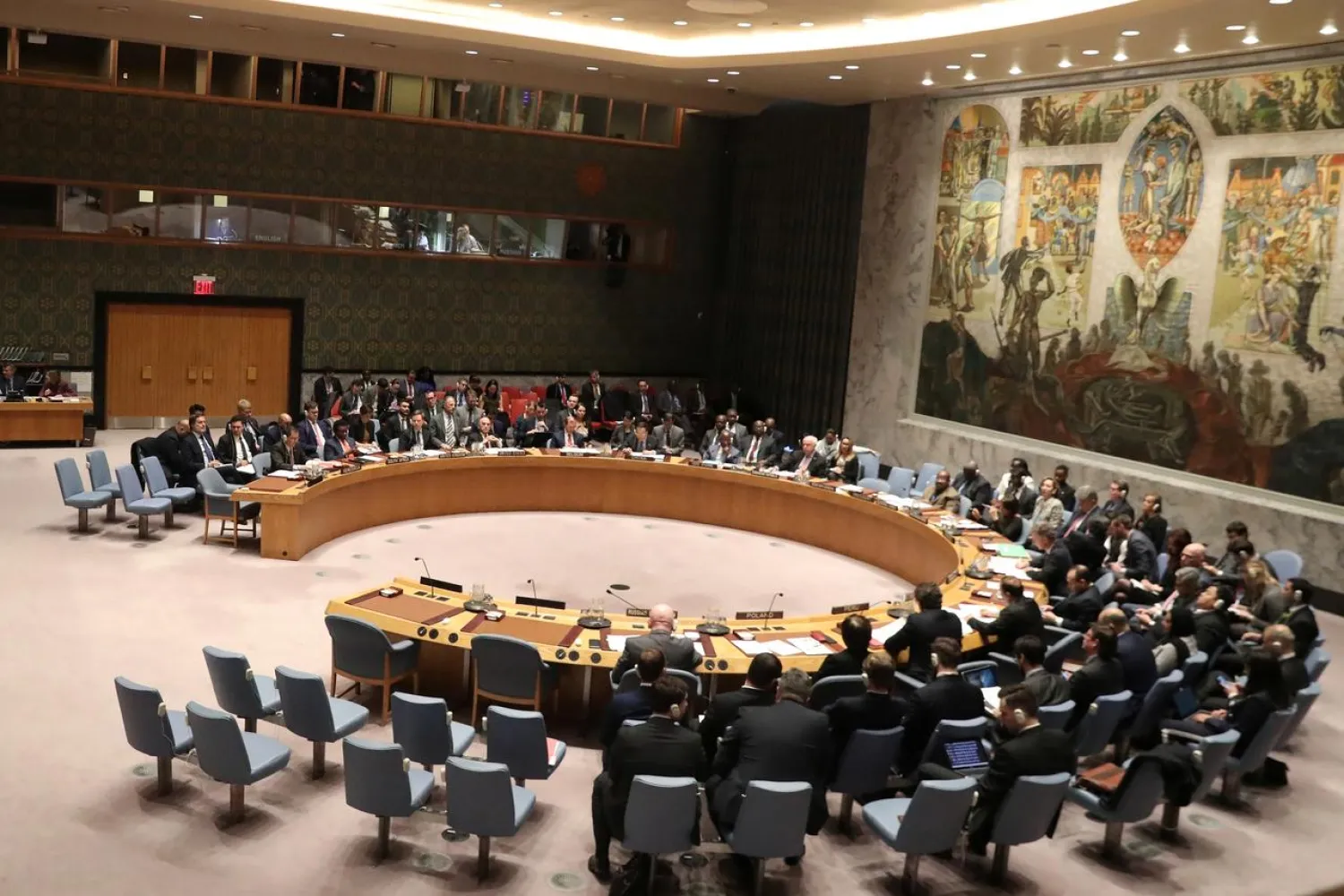The United Nations Security Council is considering a proposal to reopen a border crossing from Iraq into Syria for six months to allow the delivery of humanitarian aid to help millions of Syrian civilians combat the coronavirus pandemic.
The 15-member council in January allowed a six-year-long cross-border aid operation to continue from two places in Turkey until July 10, but dropped crossing points from Iraq and Jordan due to opposition by Syrian ally Russia and China.
Germany and Belgium gave the council a draft resolution on Wednesday that would extend approval for the Turkish border crossings for one year and reopen the Iraq crossing for six months, Reuters reported.
The draft text also gives the council an option to extend the approval for the Iraq crossing for another six months based on an evaluation of the impact of the coronavirus in Syria by UN chief Antonio Guterres later in the year, it said.
In December Russia and China vetoed a draft resolution that would have authorized all three crossing points for one year. A resolution needs nine votes in favor and no vetoes by Russia, China, the United States, France or Britain to pass.
Western diplomats have said the closure of the Iraq crossing cuts off 40 percent of medical aid to northeastern Syria.
"Failure to renew cross-border aid will cause unnecessary suffering and deaths, and COVID-19 could spread like wildfire.
"Surely Russia can't want that," said Louis Charbonneau, UN director for Human Rights Watch.
Last month US Ambassador Kelly Craft pushed the council to reauthorize aid deliveries from Iraq. However, Russian UN Ambassador Vassily Nebenzia said: "Do not waste your time on efforts to reopen the closed cross-border points."









